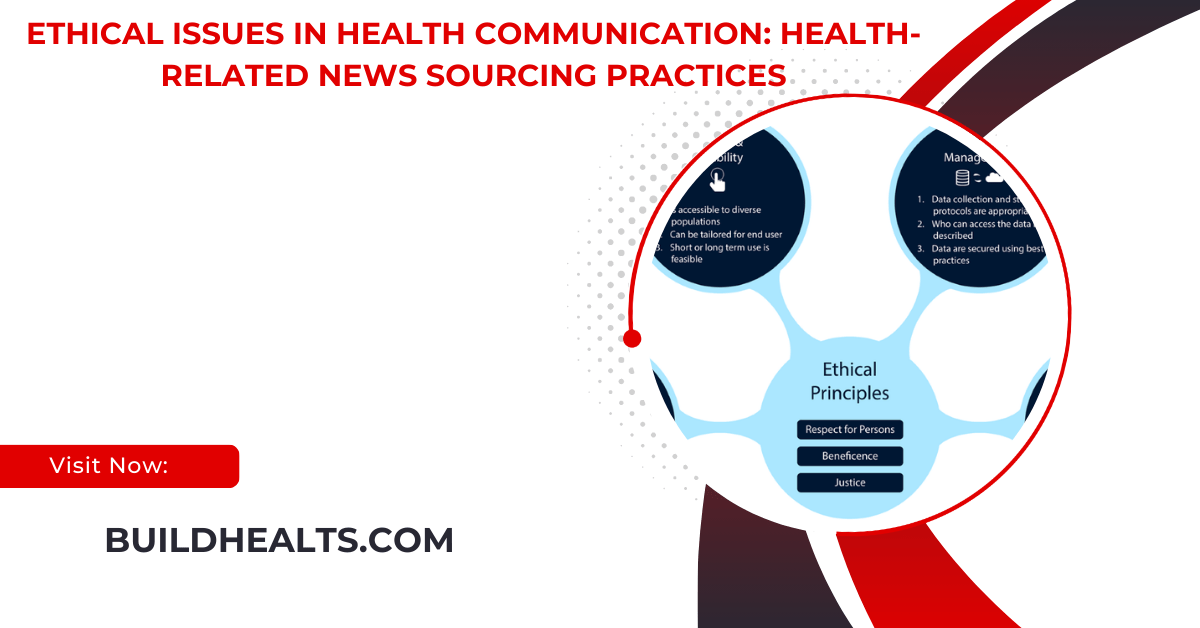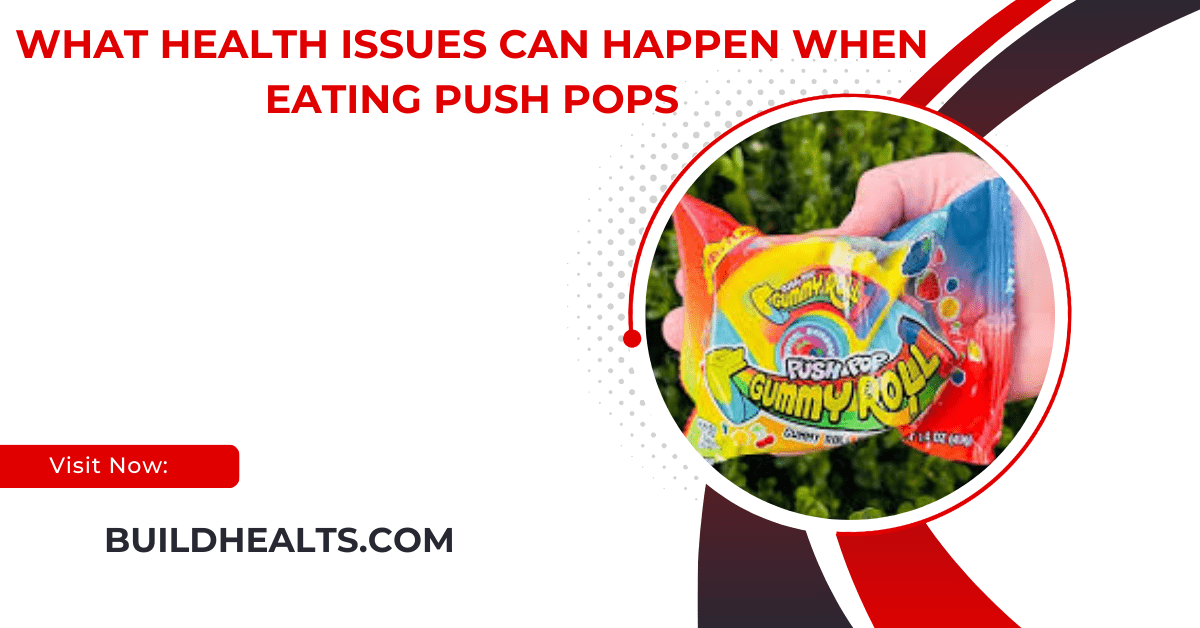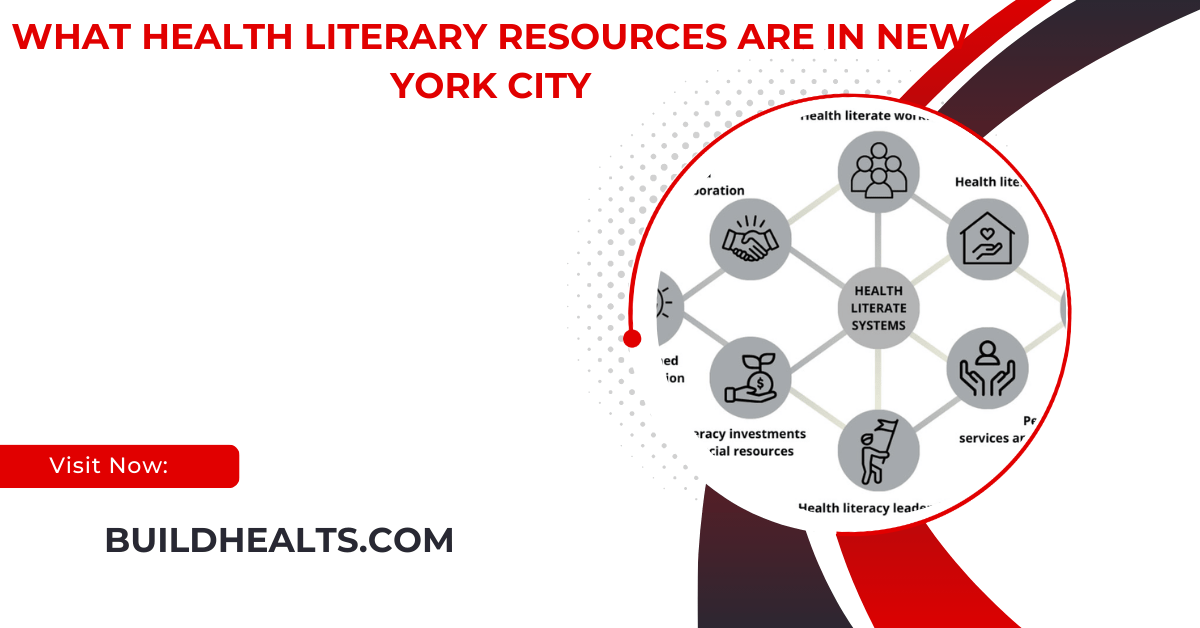Ethical issues in health communication include misinformation and sensationalism, which can harm public understanding. Reliable sourcing and transparency are crucial for accurate health information.
In today’s world, health information is everywhere. From social media posts to news articles, we are bombarded with messages about health and wellness. However, not all health information is created equal. Some sources are trustworthy, while others may spread misinformation.
This article will explore the ethical issues in health communication, particularly focusing on health-related news sourcing practices.
Understanding Health Communication:
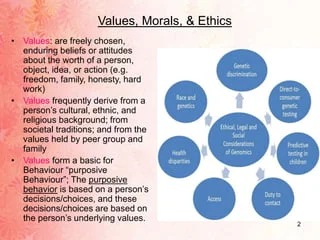
Health communication is the way we share information about health and healthcare. It includes messages from doctors, public health officials, and media outlets. Effective health communication is essential because it can influence people’s decisions about their health. For example, clear and accurate information can help individuals make better choices about their diet, exercise, and medical treatments.
Why Sourcing Matters:
When it comes to health-related news, the sourcing of information is crucial. Reliable sources provide accurate data and insights that help people understand health issues. Unreliable sources, on the other hand, can lead to confusion and even harm. Misleading information can result in people making poor health choices, avoiding necessary medical care, or panicking over false health threats.
Common Ethical Issues in Health Communication:
1. Misinformation
Misinformation is one of the biggest ethical issues in health communication. This occurs when incorrect or misleading information is presented as fact. During health crises, such as the COVID-19 pandemic, misinformation can spread rapidly, leading to public fear and unhealthy behaviors.
Example of Misinformation:
An example of misinformation is the spread of false claims about vaccines. Some news sources reported that vaccines could cause severe side effects without providing evidence. This kind of reporting can discourage people from getting vaccinated, putting their health and the health of the community at risk.
2. Sensationalism
Sensationalism is another ethical concern in health communication. This occurs when news outlets exaggerate health risks or benefits to attract attention. Sensational headlines might get clicks, but they can distort the truth.
Example of Sensationalism:
For instance, a news article might claim that a new diet pill is a “miracle cure” for weight loss without sufficient evidence. This can mislead readers into believing they have found a quick fix, which may not be safe or effective.
3. Lack of Transparency
Transparency is vital in health communication. Readers should know where the information is coming from and whether it is based on solid research. Unfortunately, some sources do not disclose their funding or potential conflicts of interest.
Example of Lack of Transparency:
If a health website promotes a specific supplement without mentioning that it receives funding from the supplement company, it raises ethical concerns. Readers may believe the information is unbiased when, in fact, it is influenced by financial interests.
Also read: Magnesium Welding Rods Health Hazards List – Key Health Hazards and Safety Tips!
Best Practices for Health News Sourcing:
To address ethical issues in health communication, it is essential to follow best practices for sourcing health-related news.
Verify Information:
One of the most important practices is to verify the information before sharing or reporting it. Journalists and health communicators should check facts and consult multiple reliable sources. This helps ensure that the information presented is accurate and credible.
Use Peer-Reviewed Research:
When reporting on health topics, it is best to rely on peer-reviewed research. Peer-reviewed studies have been evaluated by experts in the field, making them more trustworthy. Citing such research can enhance the credibility of health news articles.
Disclose Conflicts of Interest:
Transparency is key in health communication. Writers and journalists should disclose any conflicts of interest. This includes financial ties to companies or organizations related to the health topic being discussed. By being open about potential biases, readers can better evaluate the information presented.
Avoid Sensationalism:
To provide accurate health information, it is crucial to avoid sensationalism. News outlets should focus on presenting facts rather than using exaggerated language or headlines. By doing so, they can provide a clearer understanding of health issues without creating unnecessary fear or confusion.
What are the ethical considerations in health communication?

Ethical considerations in health communication are crucial for ensuring that information is conveyed responsibly and effectively. Here are some key aspects:
- Accuracy and Honesty: Health communicators must provide accurate and truthful information. Misleading or false information can lead to harmful consequences, such as poor health decisions or public panic.
- Informed Consent: Individuals have the right to make informed choices about their health. Communication should ensure that patients understand their options, risks, and benefits, allowing them to make decisions that align with their values and preferences.
- Confidentiality: Protecting patient privacy is essential. Health communicators must handle sensitive information with care, ensuring it is shared only with authorized individuals and in appropriate contexts.
- Cultural Sensitivity: Health messages should be respectful and inclusive of diverse cultural backgrounds. Communicators must consider cultural beliefs and practices to ensure messages are relevant and effective.
- Equity and Access: Ethical health communication promotes equitable access to health information. It should address barriers faced by marginalized or underserved populations, ensuring that all individuals can access necessary health resources.
- Transparency: Communicators should be transparent about potential conflicts of interest and the sources of their information. This builds trust and credibility with the audience.
- Empowerment: The goal of health communication should be to empower individuals to take control of their health. This includes providing resources, support, and encouragement for healthy behaviors.
- Avoiding Stigmatization: Health messages should avoid language or imagery that stigmatizes individuals with certain conditions or behaviors. This helps reduce discrimination and encourages individuals to seek help without fear of judgment.
By adhering to these ethical principles, health communicators can foster trust, improve health outcomes, and enhance the overall quality of health communication.
The Role of Media Literacy:
Media literacy is the ability to access, analyze, evaluate, and create media in various forms. It is essential for both consumers and producers of health information. By promoting media literacy, individuals can better navigate the complex world of health communication.
Importance of Media Literacy:
With increased access to information through the internet and social media, media literacy helps individuals discern credible sources from unreliable ones. This skill is particularly important when it comes to health information, as poor choices based on misleading data can have serious consequences.
Strategies for Improving Media Literacy:
- Educate Yourself: Learn about the basics of health topics and how to recognize reliable sources. Understanding the difference between peer-reviewed studies and unverified claims is vital.
- Question Sources: Always check the credibility of the source. Look for information from reputable organizations, such as government health agencies or established medical institutions.
- Cross-Check Information: Don’t rely on a single source. Cross-check information with other reputable sources to confirm its accuracy.
- Be Skeptical of Clickbait: Headlines designed to grab attention may not reflect the content accurately. Approach sensational headlines with caution.
Ethical Issues in Journalism Practice:
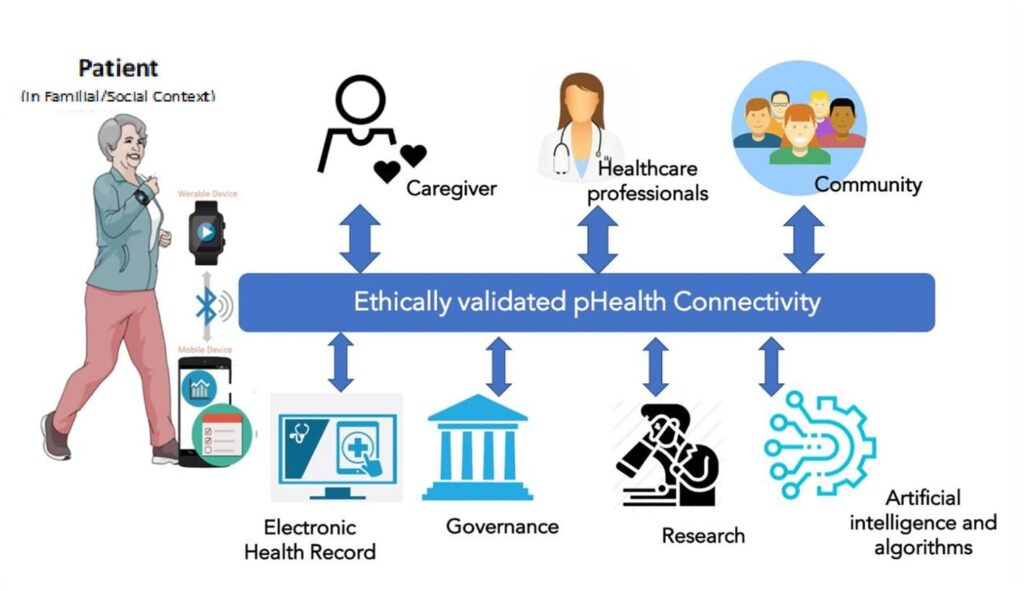
Accuracy and Truthfulness:
Journalists must strive for factual accuracy and avoid spreading misinformation. Failing to verify facts can mislead the public and damage credibility.
Fairness and Objectivity:
Journalists should present stories fairly and without bias. This involves providing balanced coverage, representing multiple viewpoints, and avoiding conflicts of interest.
Plagiarism:
Originality is crucial in journalism. Plagiarizing content undermines the credibility of both the journalist and the publication. Proper attribution must be given for all sourced material.
Confidentiality and Privacy:
Journalists often encounter sensitive information and must respect the privacy of individuals, especially vulnerable populations. Confidential sources should be protected unless disclosure is necessary.
Sensationalism:
The pursuit of higher ratings or clicks can lead to sensationalist reporting, distorting the truth or exploiting tragedy. Ethical journalism prioritizes responsible reporting over sensationalism.
Conflict of Interest:
Journalists must disclose any potential conflicts of interest that could compromise their objectivity, including relationships with subjects or financial interests.
Reporting on Vulnerable Populations:
Special care is required when reporting on marginalized groups. Journalists should avoid harmful stereotypes and consider the impact of their reporting.
Informed Consent:
When covering sensitive topics, journalists should seek informed consent from individuals involved, ensuring they understand how their stories will be represented.
Also read: Magnesium Rods Health Hazards List – What You Need to Know!
Accountability:
Journalists should be accountable for their work, correcting errors promptly and transparently, and being open to public feedback.
By addressing these ethical issues, journalists can uphold integrity, trust, and respect in their work, contributing to a more informed society.
FAQ’s
1. What is the most common ethical issue in health communication?
Misinformation is the most common issue, where false or misleading information is presented as fact, often leading to poor health decisions.
2. Why is transparency important in health communication?
Transparency helps readers trust the information by revealing the sources and any conflicts of interest, ensuring credibility and honesty.
3. How does sensationalism affect health communication?
Sensationalism exaggerates health risks or benefits to grab attention, which can distort the truth and mislead people into making unsafe health choices.
4. What are the best practices for sourcing health-related news?
Verifying information, using peer-reviewed research, and avoiding sensationalism are essential for ethical health news reporting.
5. How can media literacy improve health communication?
Media literacy helps individuals identify credible sources and avoid misinformation, leading to better-informed health decisions.
Conclusion
Ethical issues like misinformation and sensationalism harm public understanding of health. Reliable sourcing and transparency are vital for accurate communication. Upholding ethical practices fosters trust and improves health outcomes.

